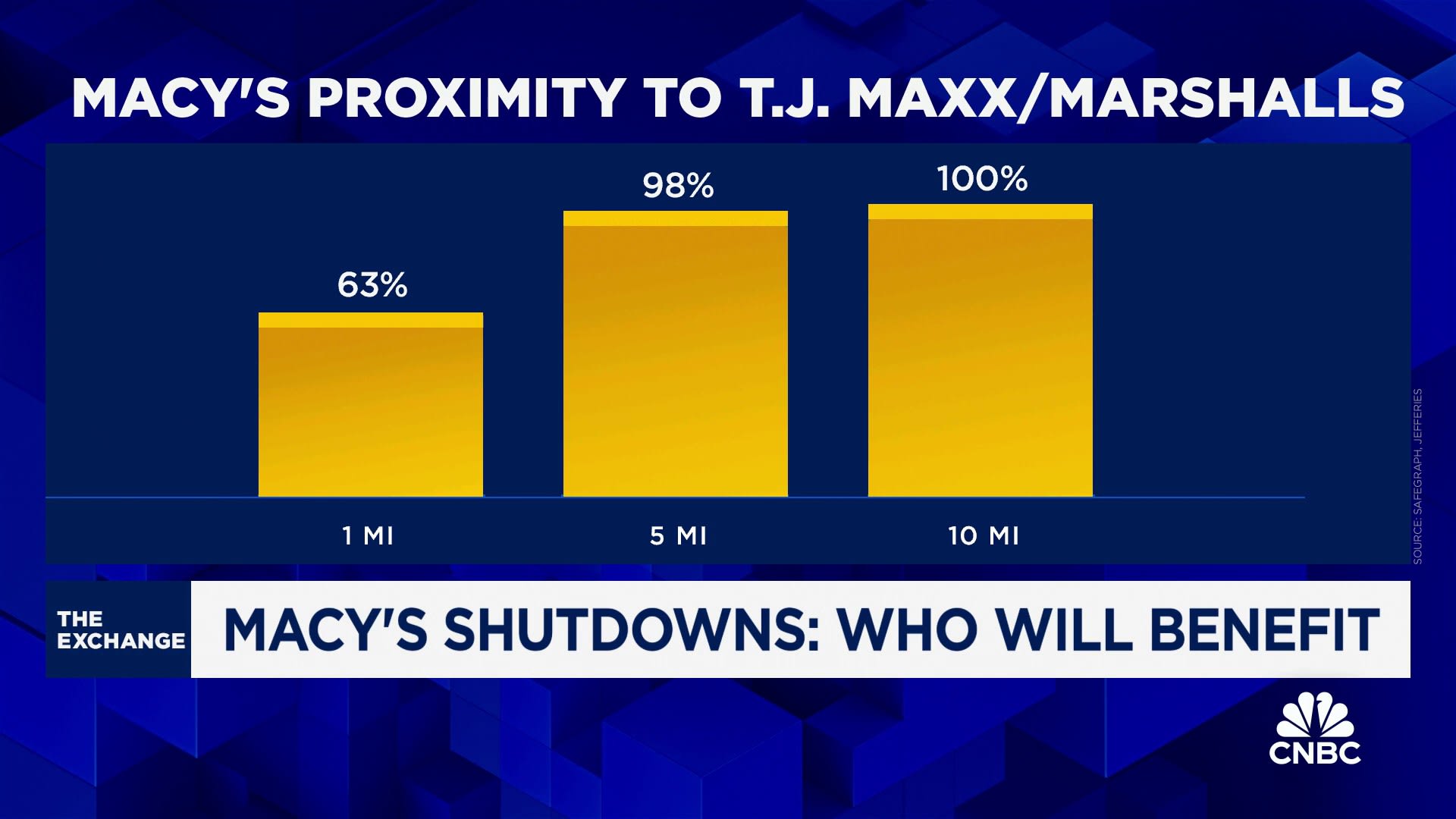
A number of cybersecurity companies slumped out of the gate Wednesday morning and never looked back. As of 1:35 p.m. ET, shares of Zscaler (NASDAQ: ZS) had plunged by 13.9%, SentinelOne (NYSE: S) was down 10.8%, CrowdStrike Holdings (NASDAQ: CRWD) had tumbled by 9.4%, Fortinet (NASDAQ: FTNT) was off by 4.2%, and Cloudflare (NYSE: NET) had lost 4.2%.
A check of all the usual sources — regulatory filings, analyst commentary, and financial reports — found no company-specific news fueling these declines, suggesting the stock price moves were driven by the dismal outlook and strategy shift by a rival in the space.

Solid results with a dose of uncertainty
After the close Tuesday, Palo Alto Networks (NASDAQ: PANW) reported results for its fiscal 2024 second quarter, and investors were taken aback. For the period, which ended Jan. 31, revenue grew 19% year over year to $2 billion, driven higher by expanding relationships with existing customers. This resulted in adjusted earnings per share (EPS) of $1.46, up 39%.
Those results exceeded analysts’ consensus estimates, which had called for revenue of $1.97 billion and adjusted EPS of $1.30.
However, it was a dramatic shift in the company’s strategy that surprised investors, and which led management to slash Palo Alto’s full-year guidance.
Palo Alto Networks offers three platforms, which include network security, cloud security, and security operations. CEO Nikesh Arora announced Palo Alto was seeking to accelerate its multiplatform strategy. He noted that the customer lifetime value of a client that adopted two of its three platforms was five times the value of a single-platform customer. For those that adopt three platforms, the number is more than 40 times larger — so it’s understandable that the company would seek to accelerate multiplatform adoption.
To support this shift in strategy, management noted that beginning Thursday, it will be “launching a significant number of platform offers to our customers” in the form of incentives, free trials, and discounts. Over the next 12 to 18 months as this program ramps up, Arora expects Palo Alto to take a hit to revenue growth.
Because of that, management has reduced its guidance. For the company’s fiscal third quarter, management is guiding for revenue in a range of $1.95 billion and $1.98 billion, which would amount to year-over-year growth of 14% at the midpoint. Perhaps most telling is its outlook for billings to grow by just 3% to $2.33 billion, which illustrates the consequences of the company’s decision — at least over the short term.
Arora also noted the company was beginning to see “spending fatigue in cybersecurity.” Investors took that as a bad sign for the whole industry, and many stocks in the space sold off in unison.
Making a mountain out of a company-specific molehill
So what does all this mean for Palo Alto’s rivals?
In a word — nothing.
Guggenheim analyst John DiFucci questioned the company’s need to offer incentives “when other companies embark on similar paths of consolidation without having to give away product for a time.”
Jefferies analyst Joseph Gallo addressed spending fatigue, writing, “While it’s logical for cyber fatigue in Palo Alto’s mega deals, we haven’t heard this from anywhere else,” suggesting this was a company-specific issue.
It seems like a stretch to suggest that competitors will suffer due to Palo Alto’s shift in strategy.
On Tuesday, Zscaler scored two price target hikes from analysts. The first came courtesy of Truist, which maintained a buy rating on the stock and increased its price target to $260, which would equate to roughly 20% upside after Wednesday’s plunge. The analyst noted that after discussions within the industry, demand seems to have stabilized “despite the challenging macro environment.” UBS was even more bullish, keeping a buy rating and boosting its price target to $300, or upside potential of roughly 40%. That analyst suggested the environment was more positive than the company’s conservative guidance suggests.
In the wake of Palo Alto’s results, Guggenheim analyst John DiFucci maintained a buy rating on SentinelOne shares while boosting its price target to $32, proposing potential upside of about 23%. The analyst said he expects another “top-line beat and raise” when the company reports early next month.
Guggenheim was also bullish on CrowdStrike, with a buy rating and price target of $358, which would result in potential gains for investors of 23% from current levels. DiFucci believes CrowdStrike will “grow faster and attain greater scale” in the coming years, benefiting shareholders.
This is all a long way of suggesting that the fate of an industry doesn’t rest on one company.
To be clear, none of these stocks is cheap by traditional valuation metrics. Cloudflare, CrowdStrike, and Zscaler currently trade at forward price-to-sales ratios of 15, 14, and 14, respectively, while Fortinet and SentinelOne each have forward price-to-sales ratios of 7.
Of this quintet of stocks, CrowdStrike is the surest bet for my money. The company is still generating robust growth and has achieved the scale necessary to thrive.
Should you invest $1,000 in CrowdStrike right now?
Before you buy stock in CrowdStrike, consider this:
The Motley Fool Stock Advisor analyst team just identified what they believe are the 10 best stocks for investors to buy now… and CrowdStrike wasn’t one of them. The 10 stocks that made the cut could produce monster returns in the coming years.
Stock Advisor provides investors with an easy-to-follow blueprint for success, including guidance on building a portfolio, regular updates from analysts, and two new stock picks each month. The Stock Advisor service has more than tripled the return of S&P 500 since 2002*.
*Stock Advisor returns as of February 20, 2024
Danny Vena has positions in Cloudflare, CrowdStrike, and Zscaler. The Motley Fool has positions in and recommends Cloudflare, CrowdStrike, Fortinet, Palo Alto Networks, and Zscaler. The Motley Fool has a disclosure policy.
Why Fortinet, SentinelOne, CrowdStrike, and Other Cybersecurity Stocks Plunged Wednesday Morning was originally published by The Motley Fool
EMEA Tribune is not involved in this news article, it is taken from our partners and or from the News Agencies. Copyright and Credit go to the News Agencies, email [email protected] Follow our WhatsApp verified Channel









